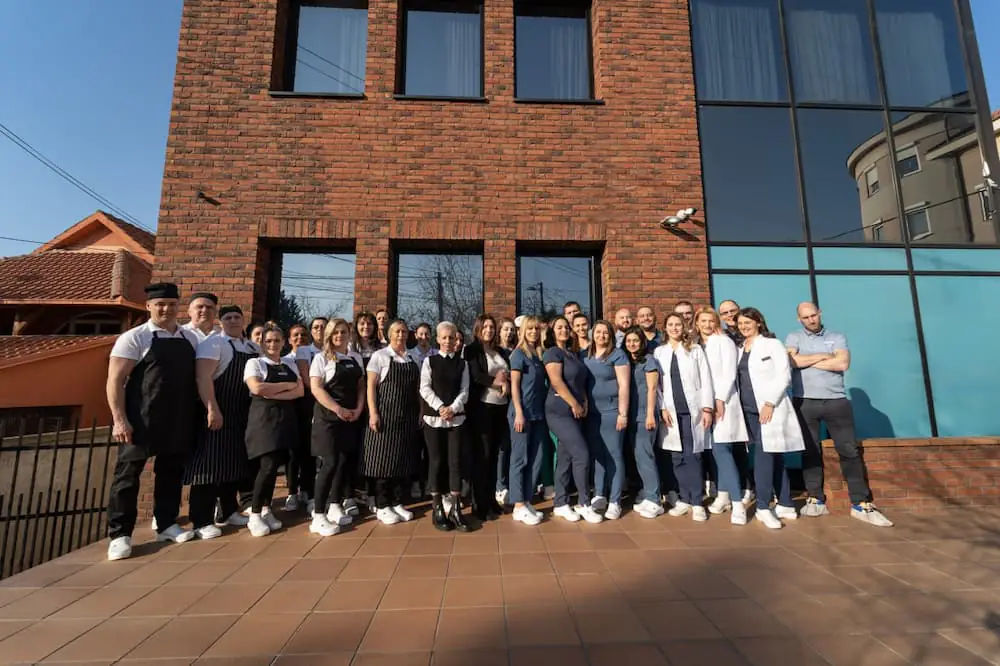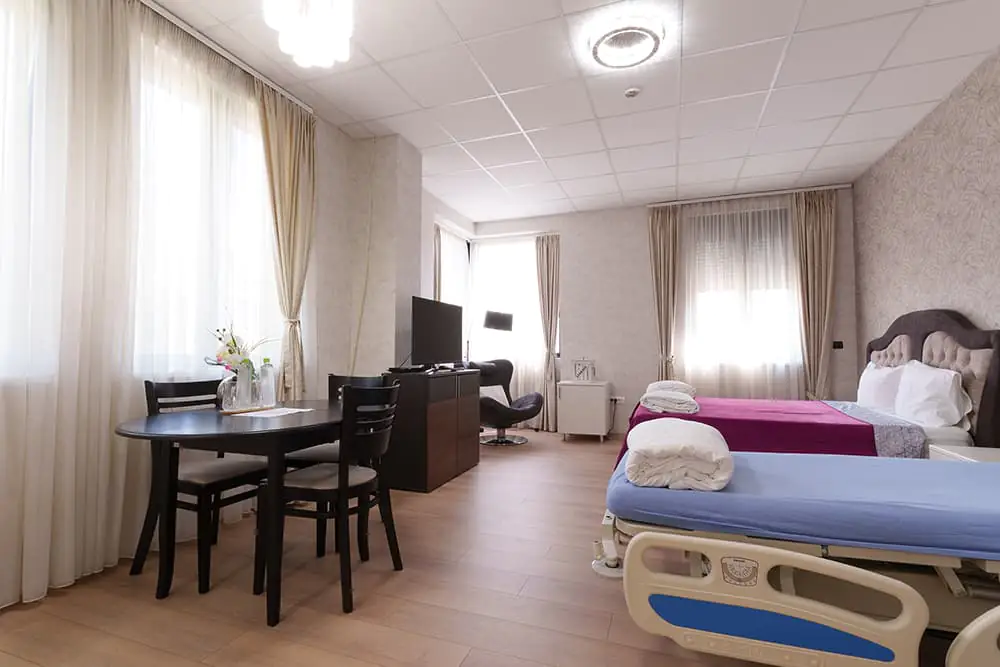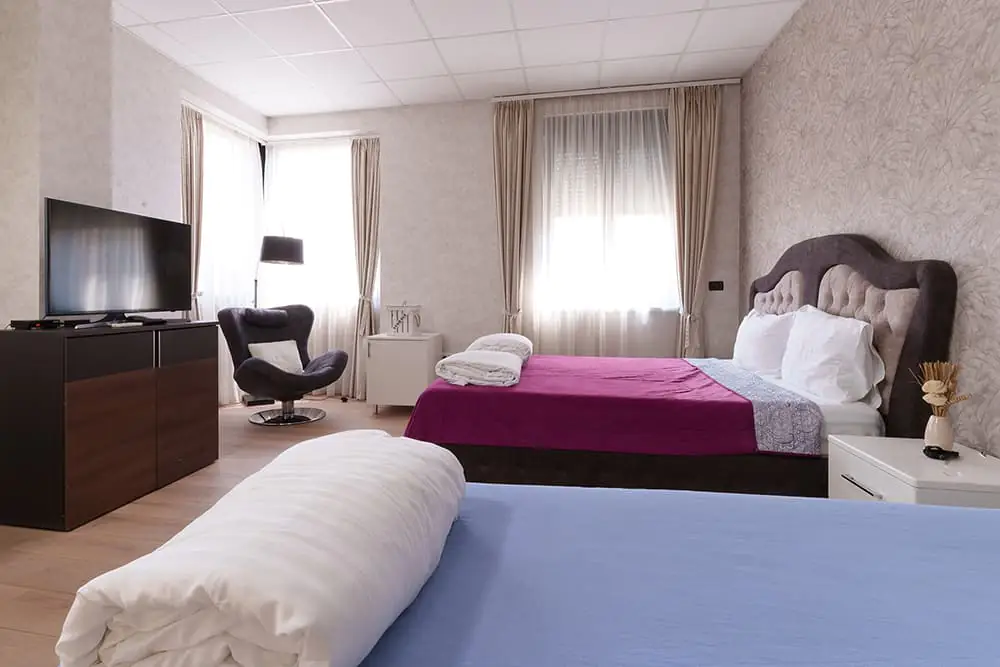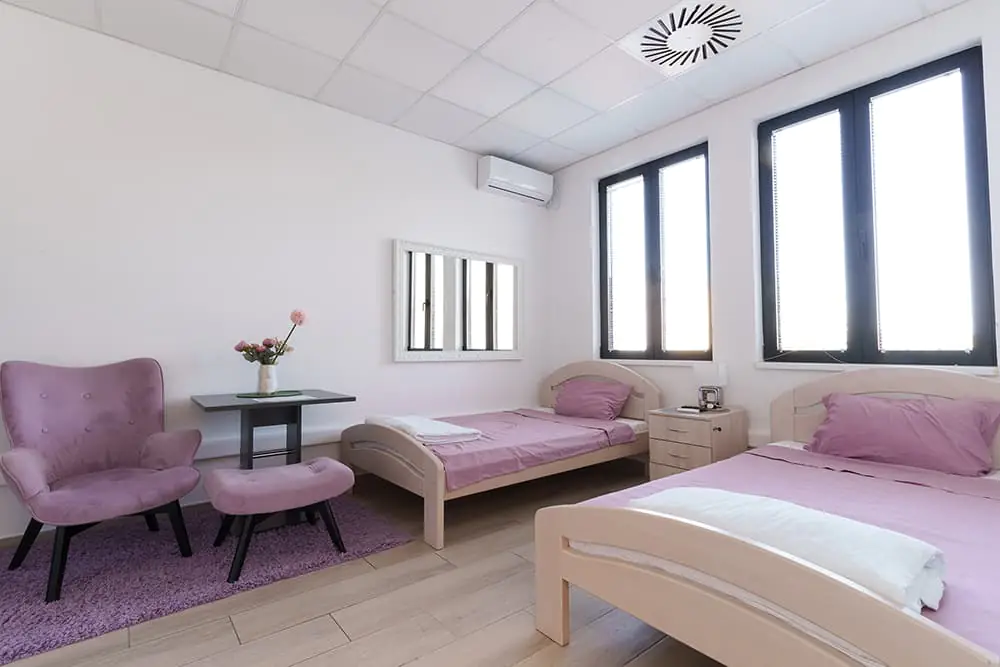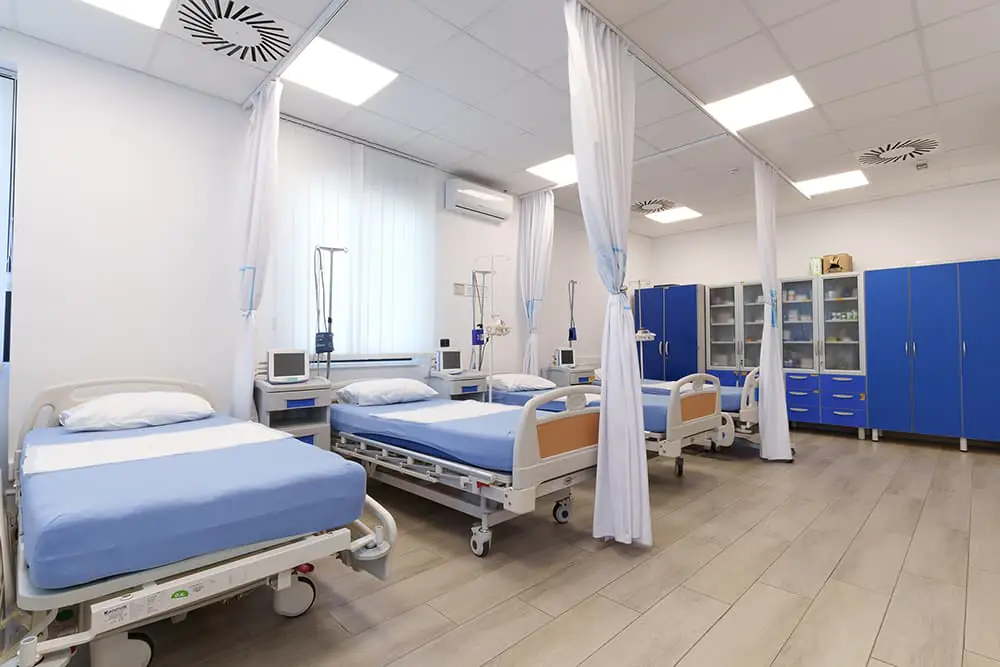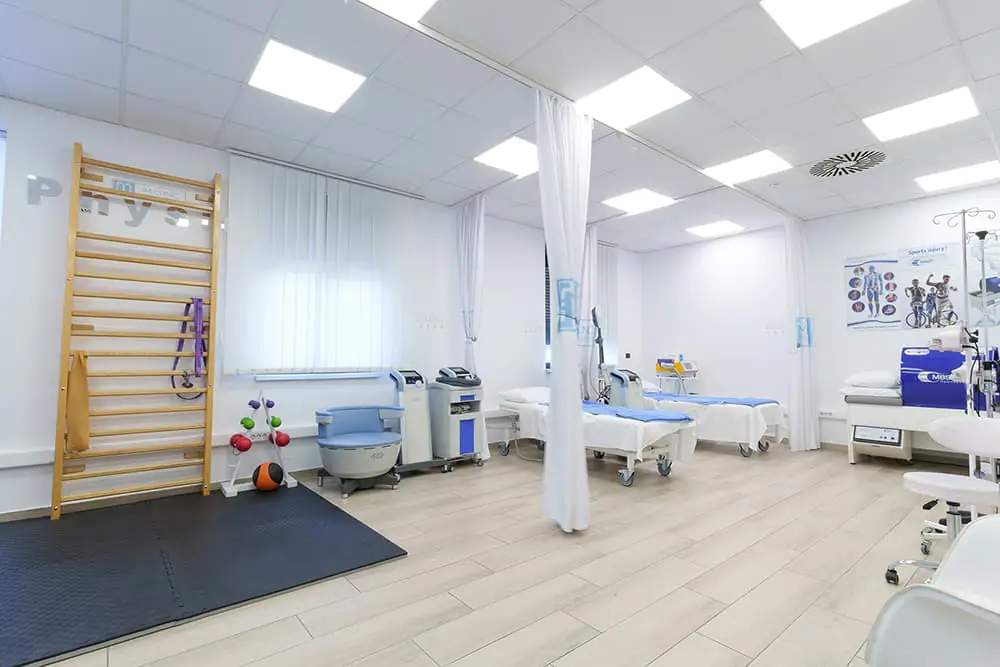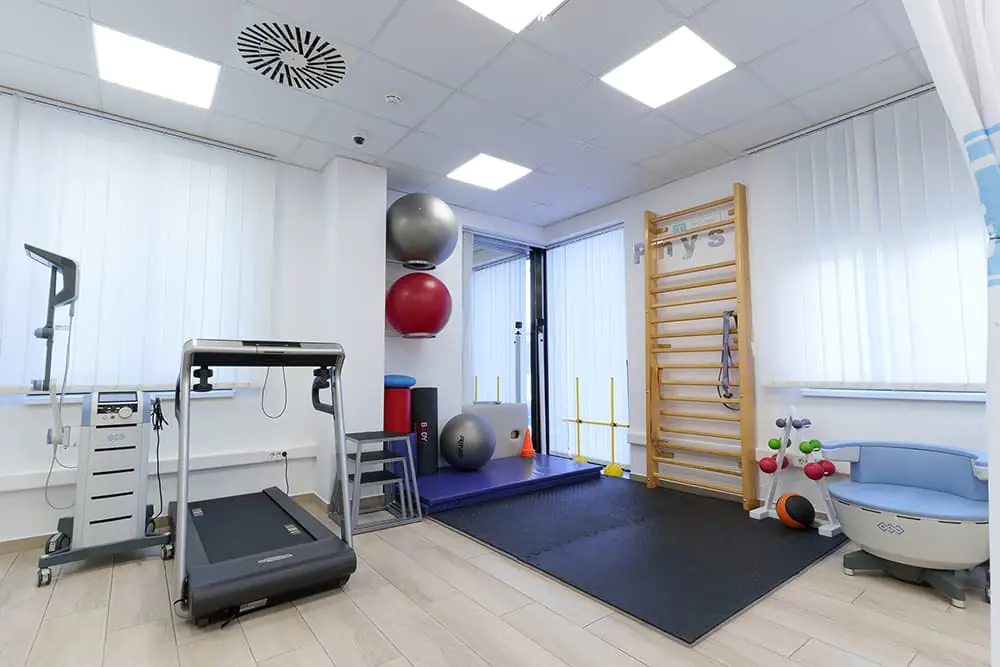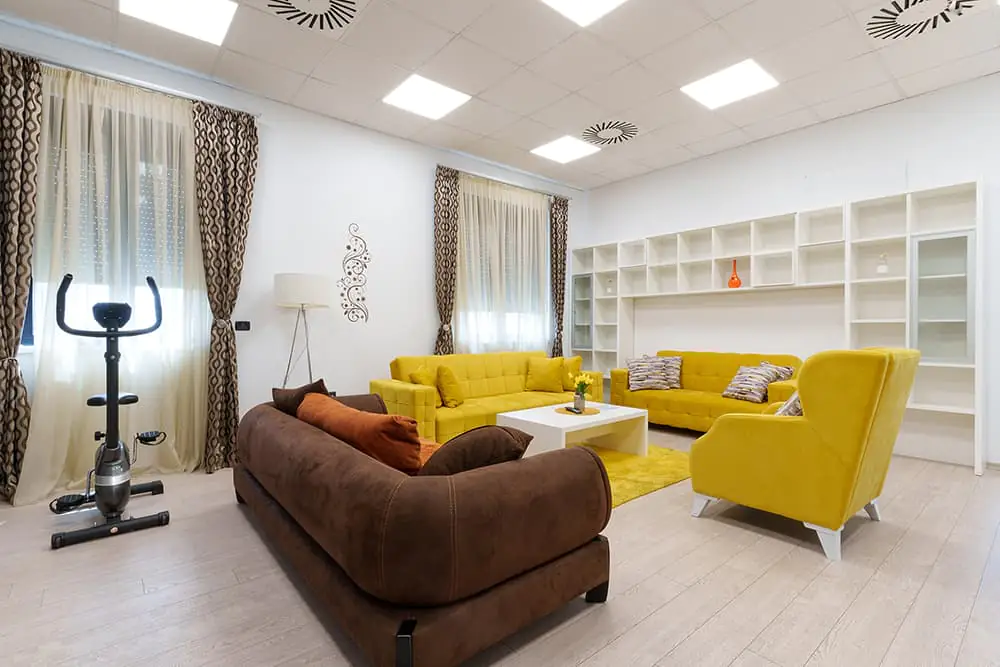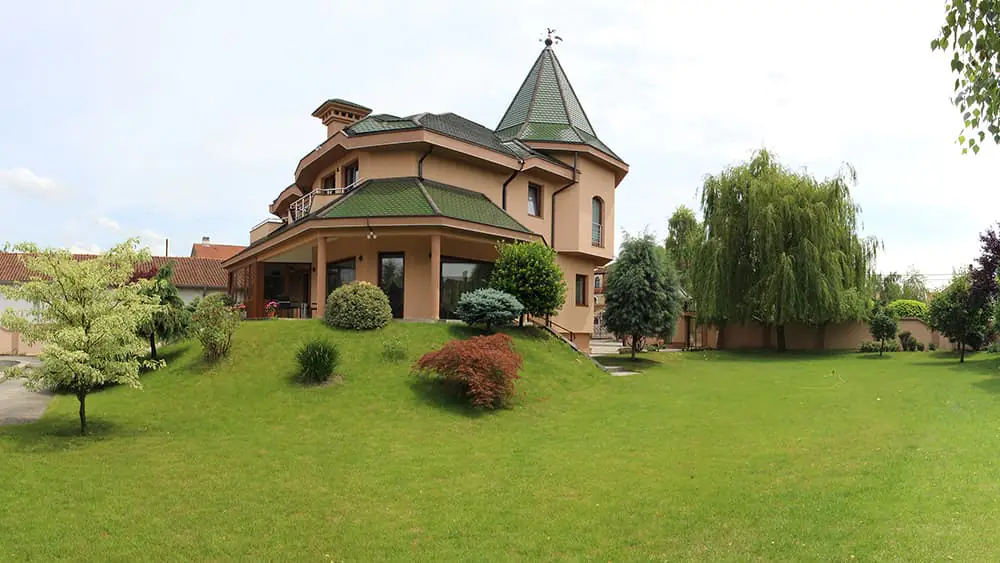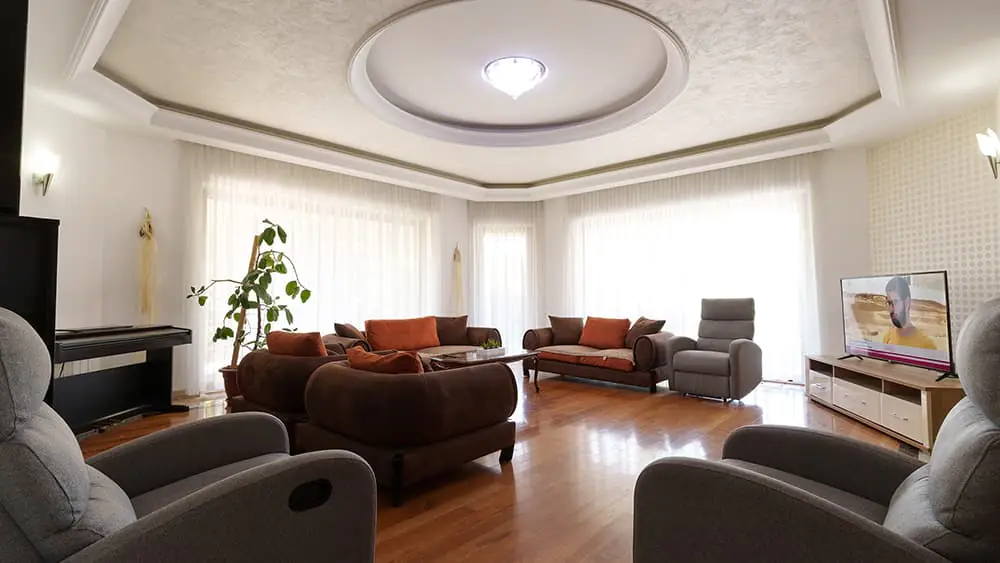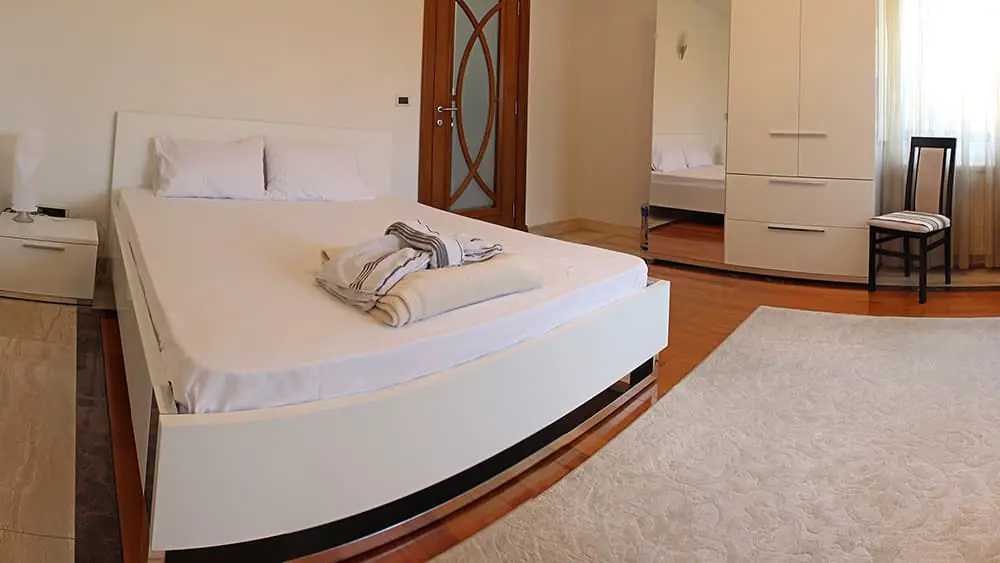IM Clinic

Stem cell therapy offers new hope for millions of people suffering from chronic conditions considered incurable. It has shown significant potential in treating various ailments, including autoimmune diseases, cancer, neuropathy, gout, cirrhosis, and vasculitis.
Numerous studies have confirmed the safety and efficacy of stem cell therapy, making many patients eager to understand the cost before making informed decisions.
Here we list the key factors that influence the cost of stem cell therapy and offers tips on selecting a clinic without overspending. It also addresses potential hidden costs.
What is the Average Cost of Stem Cell Therapy?
What Affects the Cost of Stem Cell Therapy?
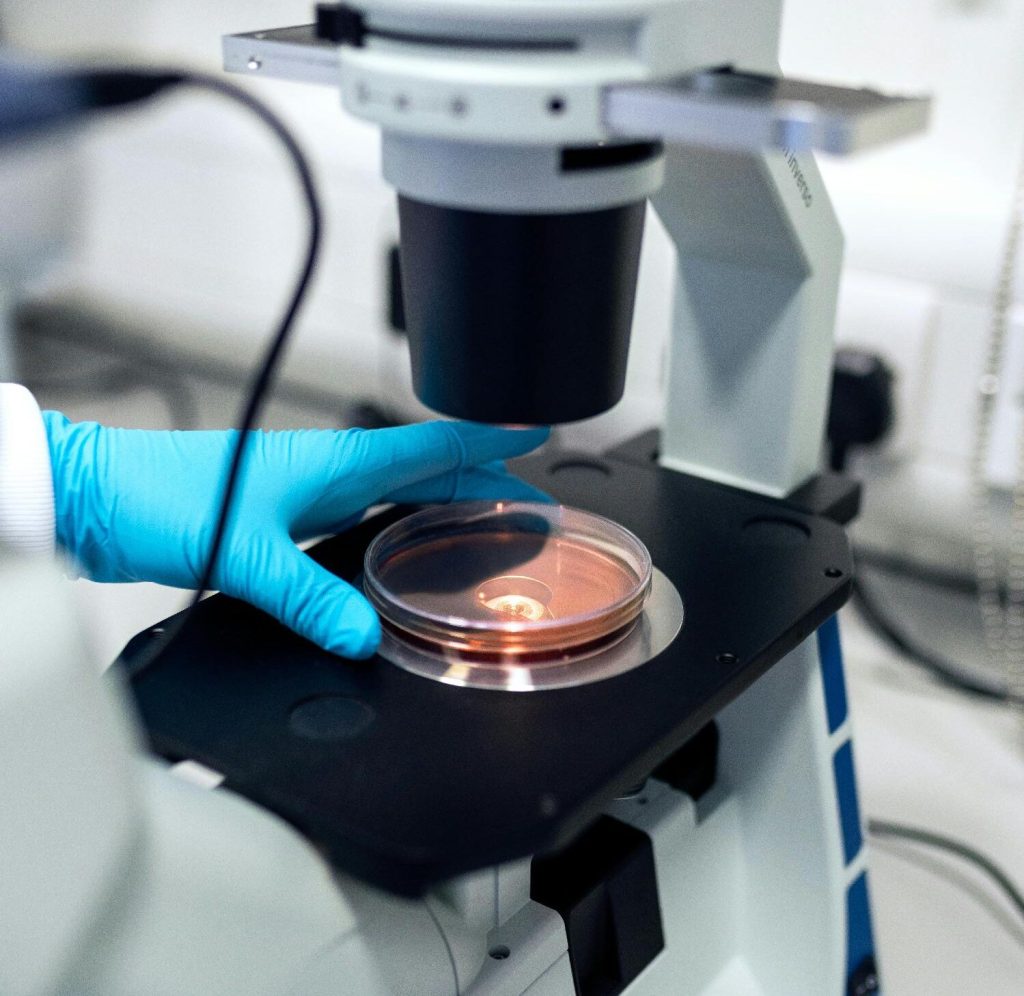
Several elements influence the price, including the type, quality, and source of stem cells, the condition being treated, and the location of the treatment center. Additionally, the number of stem cells administered, as well as whether they are ethically sourced and viable, also impact the cost.
Before treatment, stem cell specialists consult with patients, conducting detailed evaluations of symptoms and physical exams to create a personalized treatment plan.
After the initial consultation, tests such as lab work, CT scans, or MRIs help the specialist gain a complete understanding of the condition and determine the cost of stem cell therapy.
These tests also assist in identifying the appropriate stem cell source, the number of treatments needed, and the number of cells to be transplanted.
Based on these factors, the specialist can provide an estimate of the cost for umbilical cord stem cells or other types of stem cell therapy.
The severity and duration of the condition are key factors that significantly impact the cost of stem cell therapy.
Patients with more severe conditions and long-standing symptoms often face higher costs, especially if there are complications or extensive organ damage.
The extent to which a disease affects the function of the affected organs, along with how long the condition has persisted, can also influence the overall price of stem cell treatment.
For instance, a patient with a mild rotator cuff injury would likely need less intensive stem cell therapy compared to someone with advanced shoulder arthritis, which has caused significant joint damage over time. Therefore, the severity of the condition plays a crucial role in determining the cost of stem cell treatment.
Similarly, if a condition has been present for a long time, it may lead to substantial loss of function and structural integrity in the affected tissues. In such cases, a larger number of stem cells might be required to repair the damage, increasing the cost of treatment, whether using umbilical cord stem cells or other types.
On the other hand, if a condition is detected early and has not yet caused significant damage, a smaller number of stem cells may be sufficient to promote healing and restore tissue integrity. In these cases, the therapy might even be completed in a single session, reducing the overall cost.
For example, stem cell therapy for osteoarthritis is more effective when administered early, before significant joint damage occurs. Early treatment may require fewer stem cells and thus be more cost-effective.
This highlights the importance of paying attention to symptoms and seeking early medical advice to prevent complications. Early diagnosis can help avoid the higher costs associated with more advanced regenerative treatments.
Are There Hidden Costs in Stem Cell Therapy?

In many cases, clinics only cover the cost of the actual stem cell administration, leaving patients responsible for additional expenses. These may include extra medical procedures, accommodation, and meals. To get a clear understanding of the total cost of stem cell therapy, it’s essential to discuss every stage of the treatment and inquire about any related services, including travel and other arrangements.
Here are some potential extra costs to consider:
- Laboratory tests for diagnosing and assessing your condition.
- Imaging tests such as MRIs or CT scans to gauge the severity of the issue.
- Travel and accommodation if you're seeking treatment in another city or country, including expenses for those accompanying you.
- Follow-up care, which may involve additional visits, physiotherapy, or other medical procedures.
- Translation services if you need help communicating with your medical team due to language barriers.
Does Insurance Cover Stem Cell Therapy?
Unfortunately, most insurance plans do not cover stem cell therapy. Despite growing evidence supporting its effectiveness, many insurance companies still classify it as investigational and experimental. As a result, the costs of stem cell therapy are typically not covered by insurance at this time.
Does Stem Cell Treatment Cost Vary by Country?
Yes, the cost of stem cell treatment varies significantly between countries. It tends to be higher in places like the U.S. and the U.K., while countries such as Serbia, Mexico, and Thailand offer more affordable options.
Here’s a quick comparison of stem cell treatment costs across different countries.
How Much Does Stem Cell Therapy Cost in the USA?
In the USA, the average cost of stem cell therapy ranges from $5,000 to $50,000. However, patients with more advanced conditions may face costs exceeding $50,000.
The exact price depends on several factors, including the type and source of stem cells, the medical condition being treated, and the number of treatment sessions required.
- Autologous stem cells (taken from the patient’s own body) typically cost between $5,000 and $15,000.
- Allogeneic stem cells (sourced from a donor) are generally more expensive due to compatibility testing and sourcing, with prices starting around $20,000.
The condition being treated also greatly impacts the cost:
- Knee or hip injuries: $5,000 – $10,000
- Spinal conditions: $10,000 – $20,000
- Multiple sclerosis (MS) or ALS: $20,000 to over $50,000, depending on the treatment plan
- Heart disease: $20,000 – $50,000
- Anti-aging treatments: $5,000 – $15,000
Additional costs for follow-up visits, supplementary treatments, or supportive therapies may add to the overall expense. If you’re traveling to the USA for treatment, you should also factor in travel and accommodation costs.
How Much Does Stem Cell Therapy Cost in the UK?
The cost of stem cell therapy in the UK is generally high, similar to prices in the United States, though it can vary widely across the country. For instance, treating arthritis with stem cells may cost up to £4,000 per knee, while more severe conditions can exceed £40,000. Additionally, consultation fees in the UK are significant, with many private clinics charging £300 or more for an initial consultation.
Patients also need to factor in the costs of collecting and preserving stem cells for future sessions, especially if their condition is severe and requires long-term treatment. In many cases, a single session may not be enough, making multiple treatments necessary.
Facilities for stem cell preservation are available in several countries, including the UK, USA, and Serbia, to help patients reduce the need for repeated collections. While this can lower overall costs, it does involve additional expenses for storing the cells under the right conditions.
In some cases, such as when anesthesia is not an option or the patient is over 70, using the patient’s own cells may not be possible. In these instances, storing cord blood can be a practical solution, with initial storage costs starting at £2,000 and annual fees around £70.
Patients should take these factors into account when calculating the total cost of stem cell therapy to better manage their expenses. Most UK clinics offer cost estimates after the initial consultation to provide a clearer understanding of the financial requirements.
How Much Does Stem Cell Therapy Cost in Switzerland?
The cost of stem cell treatment in Switzerland is similar to that in the UK and the USA, typically ranging from CHF 10,000 to CHF 50,000 or more. This wide range depends on several factors, including the type of stem cell therapy, the complexity of the condition being treated, and the specific clinic offering the service.
Due to Switzerland’s higher cost of living compared to other European countries, patients should also anticipate additional expenses such as accommodations, travel, and meals during their treatment. The clinic’s reputation and location can further influence costs, with prestigious facilities in major cities like Zurich or Geneva often charging higher fees.
Switzerland enforces strict regulations and approval processes for stem cell treatments, meaning not all types are permitted or readily accessible.
- Autologous Stem Cells: Typically range from CHF 10,000 to CHF 25,000.
- Allogeneic Stem Cells: Prices start around CHF 20,000 and can exceed CHF 50,000.
- Orthopedic Conditions: Treatments for issues like joint pain or injuries generally cost between CHF 10,000 and CHF 20,000.
- Chronic and Complex Conditions: Therapies for neurodegenerative disorders or autoimmune diseases are more intricate, with costs ranging from CHF 25,000 to CHF 50,000 or more.
Comparing Stem Cell Therapy Costs: USA and UK vs. International
The cost of mesenchymal stem cell therapy can be significantly higher in countries like the USA and the UK.
To explore how much stem cell treatment costs in other countries, let’s take the Swiss Medica clinic as an example, which is conveniently located in the heart of Europe.
Swiss Medica: the Best Stem Cell Clinic in Europe for a Reasonable Price
Swiss Medica was originally founded in Switzerland. However, due to the strict regulations surrounding stem cell therapy and the high cost of treatments, the clinic expanded to Belgrade, Serbia.
While Serbia might seem like an unusual destination to some, it offers significantly lower costs for travel, accommodation, and treatment due to reduced taxes, all while maintaining European-quality standards. The average cost of stem cell therapy in Serbia is notably lower than in more developed countries like the USA and the UK.
The total cost of regenerative stem cell therapy varies depending on factors such as the type of stem cells used, the condition being treated, and the source of the stem cells. On average, patients spend between €7,000 and €25,000 for the therapy.
Swiss Medica’s affordable pricing makes it a popular choice for patients worldwide seeking cost-effective solutions for managing their medical conditions. The clinic has treated 5,300 patients with a wide range of conditions, including autism, chronic diseases like ALS and multiple sclerosis, and many more.
In addition to stem cell therapy, many patients travel to Serbia for other medical procedures, as the country offers the same high-quality services as other European nations but at more affordable prices.
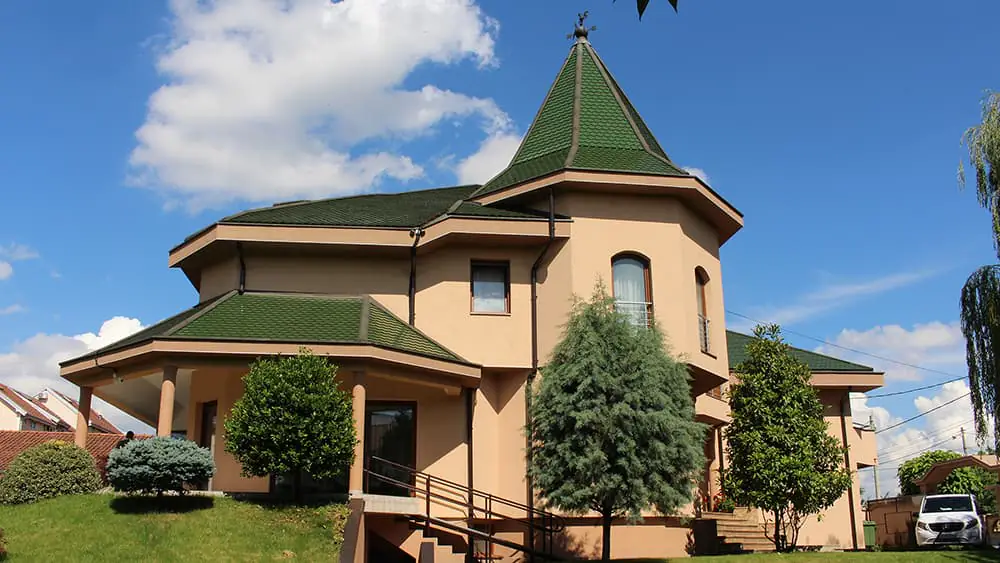
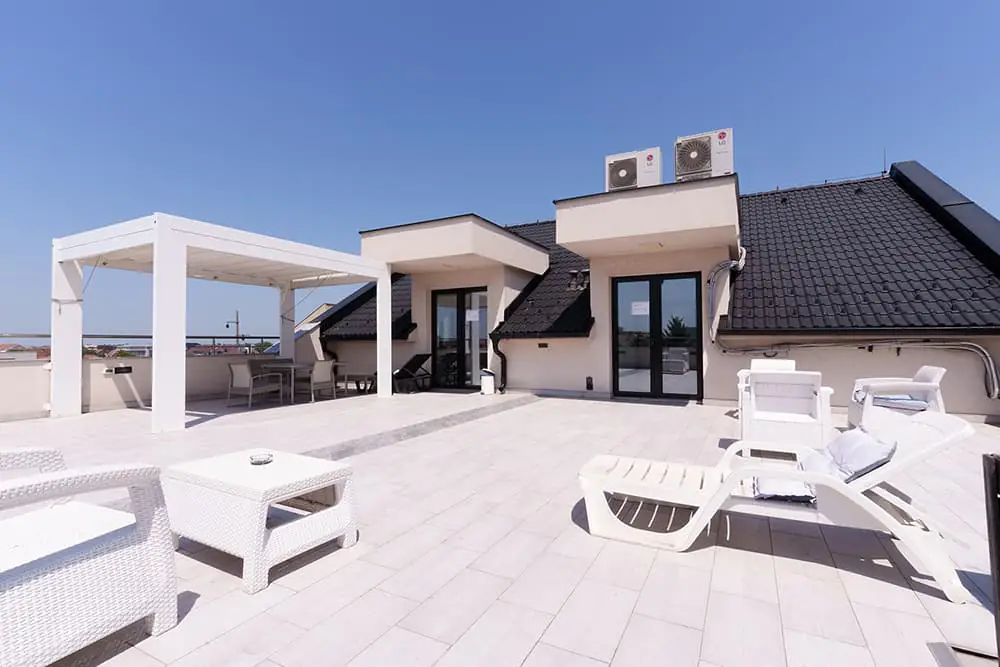
Why Choose Swiss Medica for Stem Cell Therapy?
Since 2011, Swiss Medica has been providing high-quality stem cell therapy, backed by a team of experienced professionals. Our doctors and researchers are actively involved in international medical conferences and conduct their own stem cell research, ensuring that patients in Serbia receive the same standard of care as those in Europe.
Key Benefits We Offer:
Expert Team
We have a dedicated team of stem cell specialists, along with other medical and paramedical professionals, who are skilled and knowledgeable in performing or assisting with stem cell procedures.
Comprehensive Treatment Plan
Our approach includes a full cycle of procedures tailored to treat various conditions. Our doctors thoroughly assess your symptoms, medical history, and lab reports to optimize treatment effectiveness. We carefully plan each patient’s procedures, including additional therapies and post-treatment programs, to ensure long-term results.
Advanced Laboratory
Swiss Medica’s laboratory produces high-quality stem cell products under sterile conditions, adhering to international standards and ethical guidelines. This allows us to closely monitor the composition and viability of stem cells, ensuring that every dose is safe and effective. For procedures requiring patients’ own cells, our specialized team collects them from sources such as bone marrow, fat, blood, or gums.
State-of-the-Art Facility
Our cutting-edge facility is designed for comfort and resembles a high-end hotel. We cater to individual preferences, offering meals that meet each patient’s dietary needs. The clinic provides a relaxing and welcoming environment and is equipped with all necessary medical facilities, staffed 24/7 to ensure continuous care.
With Swiss Medica, Your Treatment Plan Comes With No Hidden Costs
We start with a free, no-obligation online consultation with regenerative medicine experts. During this consultation, patients receive detailed information about the potential benefits of stem cell therapy for their specific condition, along with a personalized treatment plan, cost breakdown, and estimated treatment duration.
After this initial consultation, we discuss the tailored treatment plan, which may include:
- Thorough Examination: A comprehensive evaluation of the patient’s condition to ensure optimal results, including detailed lab tests, ultrasound scans, and MRI diagnostics.
- Stem Cell Therapy & Complementary Treatments: These include stem cell therapy, intracellular metabolism recovery (IMR), physiotherapy, and advanced cell-based therapies such as stem cell secretome, exosome therapy, SVF cell treatment, and macrophage treatment.
- Post-Treatment Rehabilitation: Following the therapy, patients have full access to the medical team for ongoing support and to address any concerns. Each patient is evaluated daily by a multi-disciplinary team of doctors. The rehabilitation also includes prescribed medications or exosomes to enhance therapeutic results.
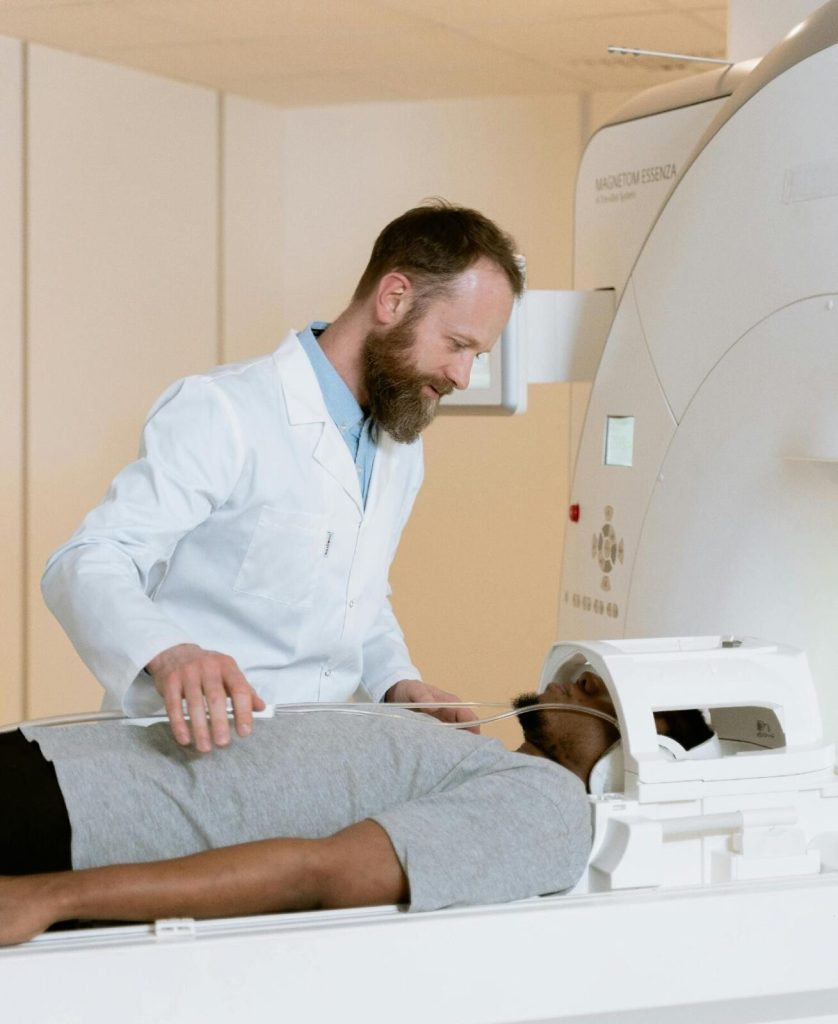

Swiss Medica ensures full support throughout the treatment process, with no additional charges. Our all-inclusive package includes:
- Travel Assistance: Transportation to and from the airport in comfortable vehicles, with transfers to clinics, shopping centers, and other locations.
- Accommodation Services: Assistance in finding a comfortable place to stay during therapy.
- Translation Services: Available for non-English-speaking patients to ensure clear communication.
- Ongoing Medical Support: Continuous medical guidance throughout the stay and after treatment.
- Personalized Meals: Meals prepared by our chefs, customized to meet your dietary needs and preferences.
With Swiss Medica, you receive transparent, high-quality care without hidden costs, ensuring peace of mind throughout your treatment journey.
Types of Stem Cells Administered at Swiss Medica
Swiss Medica offers a wide range of stem cell products—approximately 31 different types—selected for their effectiveness, safety, and adherence to ethical standards.
Expert TeamMesenchymal Multipotent Stromal Cells (MMSCs)
These cells have the ability to differentiate into specific cell types that resemble the structure and function of the target organ. This helps restore part of the affected organ’s normal functions, improving overall treatment outcomes. At Swiss Medica, only adult mesenchymal stem cells derived from the tissues of healthy newborns are used, obtained with the consent of mothers after childbirth.
Stromal Vascular Fraction (SVF)
SVF consists of various stem and progenitor cells, including MMSCs, along with immune cells (such as monocytes and macrophages), fibroblasts, pericytes, and endothelial progenitor cells. These cells promote the body’s natural healing process by replacing dead cells and regenerating tissue. SVF can be isolated from lipoaspirate and is a safe, effective treatment option for conditions like osteoarthritis, systemic sclerosis, multiple sclerosis, heart disease, and allergies.
Regulatory T-cells (T-Regs)
These cells play a crucial role in controlling autoimmune diseases by suppressing the activity of other immune cells, such as T-cells and B-cells, preventing them from attacking healthy tissues. T-Regs are essential for managing and slowing the progression of autoimmune conditions where the immune system mistakenly attacks the body’s own cells.
Other Cell Products
Swiss Medica also offers treatments using exosomes derived from stem cells, neural stem cells, macrophages, and platelets. The cost of these therapies can vary. For instance, neural stem cell therapy is typically more expensive than other treatments, while exosome therapy is more affordable but equally effective as MMSCs.
Swiss Medica’s diverse range of stem cell products allows for tailored treatments to address various conditions, ensuring safe, effective outcomes for patients.
Success Rate at Swiss Medica
Since 2011, Swiss Medica has helped over 5,200 patients improve their quality of life, with around 80% experiencing positive results.
Swiss Medica’s high success rate is a testament to the dedication and expertise of our stem cell specialists and medical professionals. Our doctors have extensive experience in stem cell therapy, enabling them to recommend the most effective treatments for patients with conditions such as Crohn’s disease, diabetes, multiple sclerosis, and Parkinson’s disease.
You can find more information and patient success stories by visiting this link.
Conclusion: Why Is Stem Cell Treatment So Expensive?
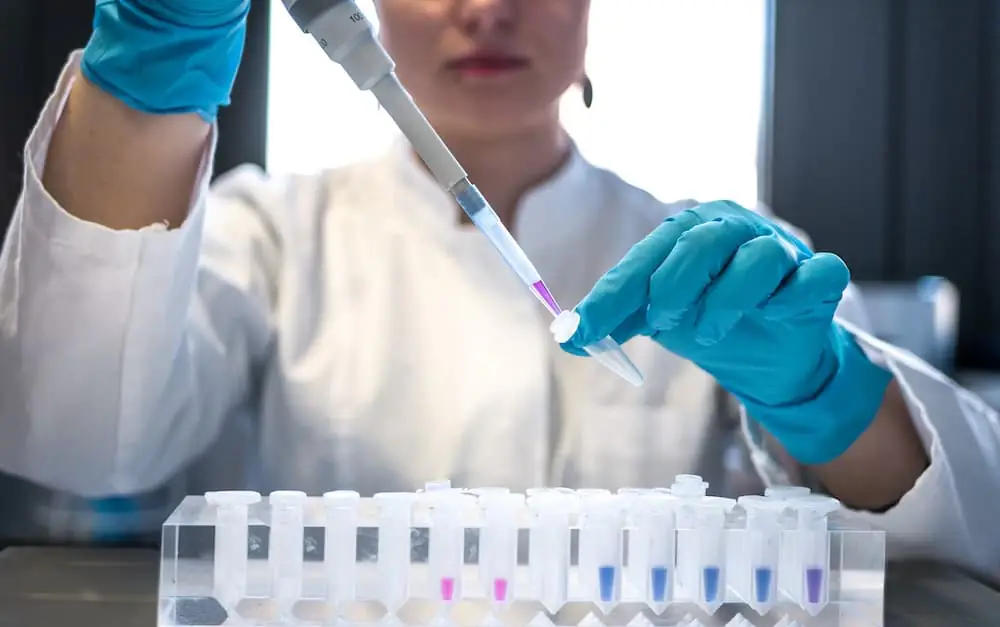
The cost of stem cell therapy is a common concern for patients considering this innovative treatment. The price of mesenchymal stem cell therapy depends largely on the doctor’s training and experience. One key reason for the high cost is the limited availability of qualified professionals, as these therapies are still relatively new in many medical clinics.
Stem cells are continually being researched, and new discoveries about their potential benefits are published regularly. Ongoing studies focus on their safety and effectiveness, but the high cost of treatment also reflects the significant investment required for research and development. This includes funding for cutting-edge technology and clinical trials to further improve the efficacy and safety of stem cell therapies.
For patients finding stem cell treatment prices too high in certain countries, more affordable options exist in other locations. Clinics like Swiss Medica in Serbia offer the same, if not higher, quality treatments at more accessible rates.
How to Choose the Best Stem Cell Clinic Without Breaking the Bank
Here are some tips for selecting a top-quality stem cell clinic that balances cost and care:
Research:
Look for clinics with positive patient reviews, testimonials, and a strong record of successful treatments.
Consultations:
Schedule consultations to ask questions and assess the doctors’ expertise, as well as the clinic’s professionalism and transparency.
Certification:
Ensure the clinic is certified by the appropriate national healthcare authorities and regulatory bodies.
Referrals:
Seek recommendations from other patients or healthcare providers for trusted clinics.
Frequently Asked Questions About Stem Cell Therapy Costs
Does Medicare cover stem cell therapy?
Currently, Medicare does not cover the cost of stem cell therapy. According to Medicare, due to the experimental nature of stem cell therapy, coverage through insurance for this treatment is limited.
How does the type of cells used affect the cost of stem cell therapy?
The cost of stem cell therapy varies based on the type of stem cells used. For example, autologous stem cells are derived from the patient’s own body and do not need extensive compatibility testing. As a result, autologous stem cell prices are typically relatively low.
On the other hand, donated stem cells, or allogeneic stem cells, are typically more costly as they require compatibility testing and have the potential for more complex procedures.
How can I reduce the cost of stem cell therapy?
To potentially lower stem cell therapy costs, you may consider the following:
- Research different clinics to compare prices. Ask the direct question: how much does stem cell treatment cost in your clinic?
- Choose a reputable clinic that offers a combination of advanced facilities, skilled and experienced doctors, and reasonable prices. Choosing a clinic with advanced facilities and experienced doctors will eventually reduce your total costs by lowering future treatment expenses while also improving your quality of life.
- Check the information to see what additional procedures can be used following the main treatment. Swiss Medica, for example, can provide you with post-treatment therapy tailored to your specific condition and will always follow up after the treatment to ensure that everything is going well.
- If the clinic has its own laboratory, it can reduce stem cell therapy costs by speeding up the process of growing and controlling stem cells and eliminating the need to rely on other laboratories.
- Choose a clinic that offers an all-inclusive programme. For example, we offer comprehensive support throughout the treatment process at no extra charge. Our all-inclusive package includes travel assistance, lodging and translation services, ongoing medical guidance during and after treatment, and meals prepared by our chefs based on your needs and preferences.
Are there risks in choosing a cheaper stem cell therapy clinic?
Patients are often tempted to choose a less expensive option for their medical treatments. However, it is critical that the clinic adhere to high medical, technical, safety, and ethical standards. Also, keep in mind that lower-cost clinics may compromise on critical aspects such as stem cell quality, doctoral clinical expertise, and regulatory compliance.
Selecting a stem cell therapy facility that adheres to the highest treatment standards will help you avoid these risks and ensure the best results.

